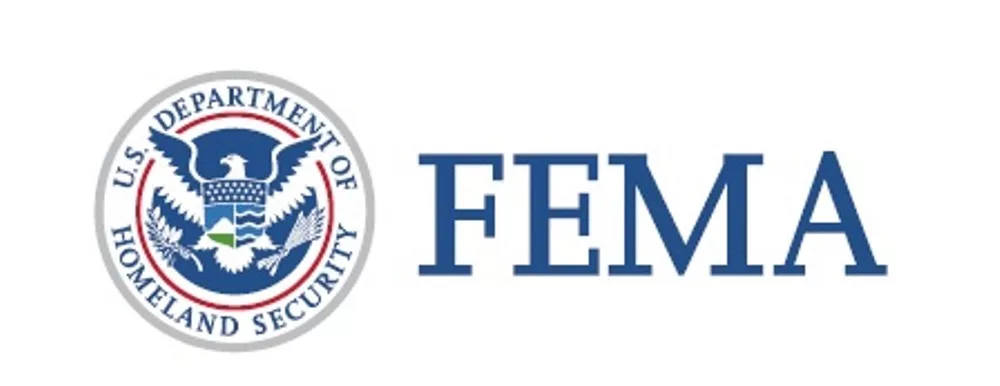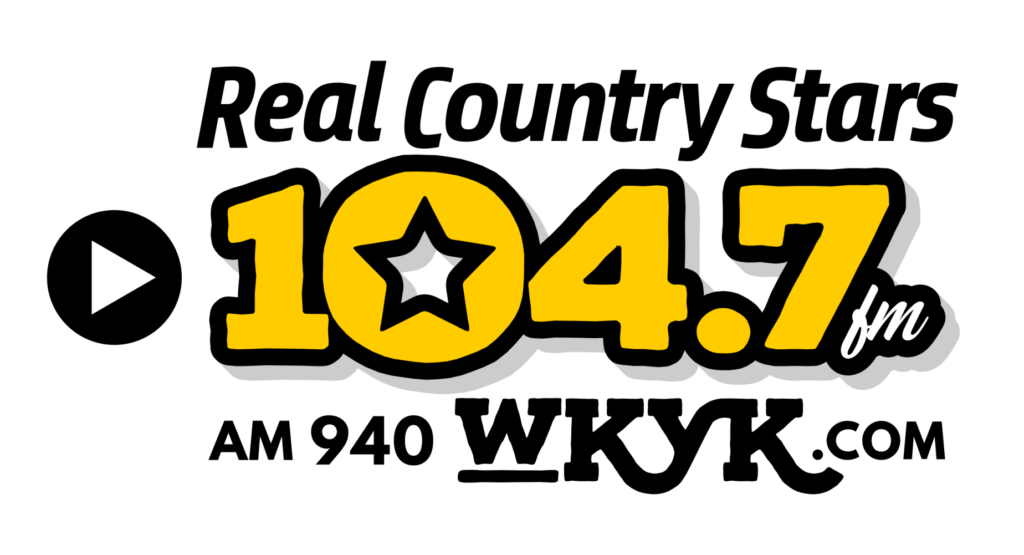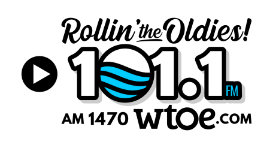
You may be eligible for FEMA Transitional Sheltering Assistance if you experience home damage, cannot return to your disaster-damaged home, or your essential utilities are out, and your housing needs cannot be met by insurance, shelters or rental assistance provided by FEMA or another agency.
Q: Does TSA require a separate application from my FEMA application?
No. When a survivor applies for FEMA assistance, FEMA automatically checks to see if they are eligible for TSA.
Q: What costs does FEMA pay for within the TSA Program?
FEMA pays for the room, taxes, and any non-refundable pet fees at participating hotels and motels. The survivor is responsible for paying other costs, such as laundry, food, parking and phone calls.
Q: Has the TSA program been extended for South Carolinians who need additional time to identify other housing solutions?
Yes, At the request of the state of South Carolina, FEMA’s Transitional Sheltering Assistance program has been extended through the night of Jan. 10, 2025, for Helene survivors who continue to need temporary shelter. This allows households additional time to identify other housing solution or make repairs to their home. This will continue providing free hotel and motel rooms to more than 6,000 families who are already checked into area hotels.
Q: Can I check in and out without losing my TSA eligibility?
Yes – A survivor can check out of a TSA hotel yet remain eligible for the program. FEMA understands shelter needs may change, especially early in the disaster recovery process.
Q: Who do I contact if I have questions about my TSA eligibility?
For questions after visiting www.femaemergencyhotels.com, call the FEMA helpline at 1-800-621-3362.
Q: How long will TSA be available to me?
The goal of TSA is to ensure survivors have a safe place to stay until their housing situation is stabilized. FEMA reviews TSA eligibility on a rolling basis. Factors that FEMA takes into consideration for continued eligibility include if a survivor’s home is deemed safe to occupy, or the road closures that prevented them getting to or from their home have been lifted.
Q: How and when are households told they are no longer eligible for TSA?
Survivors will be notified approximately seven days before their TSA eligibility ends. Survivors will receive an automated phone call, email, and/or text message based on the contact method they chose when they first applied for FEMA disaster assistance.
Q: Are there other forms of assistance available for TSA participants?
TSA participants may also be eligible for other federal financial help, including Displacement Assistance, Rental Assistance, Home Repair Assistance and other aspects of the Individual Assistance program.
FEMA Fact Sheet 022 – DR-4821/4830-GA
Guide to FEMA’s Other Needs Assistance
Other Needs Assistance is one type of funding you might receive under FEMA’s Individuals and Households Program. It provides money for disaster-related necessary expenses and serious needs that are not covered by insurance or provided by another source.
Residents of the eight counties designated for Tropical Storm Debby assistance and the 63 Georgia counties designated for Hurricane Helene assistance who apply with FEMA may be eligible for Other Needs Assistance.
Types of ‘Other Needs Assistance’
Displacement: Helps with housing needs if you cannot return to your home because of the disaster.
Childcare Assistance: For childcare expenses or an increase in childcare expenses caused by a disaster.
Clean and Sanitize: Helps pay for minor damage caused by the disaster to prevent additional loss or potential health or safety concerns.
Medical/Dental Assistance: Helps cover expenses related to disaster-caused injuries or illnesses.
Personal Property: Help to repair or replace appliances, room furnishings, and a personal or family computer damaged in the disaster.
The following specific disaster-damaged accessibility items are eligible for repair or replacement under Personal Property Assistance:
- Assistive Communication Device, if used as the sole means of communication for a household member
- Raised toilet seat
- Front-loading washer, if a member of the household uses a wheelchair or has similar mobility limitation
- Side-by-side refrigerator, if a member of the household uses a wheelchair or has similar mobility limitation
- Grab bars
- Eyeglasses
- Dentures
- Ramps
- Hospital-style bed
- Walker
- Wheelchair
- Shower chair
- Specialty smoke alarm, if a member of the household is sight- or hearing-impaired
- TTY/TDY telephone
Transportation: Assistance to repair or replace a vehicle damaged by the disaster when you don’t have another vehicle to use.
Miscellaneous Items: Assistance that may help pay for specific items that were purchased or rented after the disaster to help you recover. For example, a chainsaw to help clear fallen trees that prevent safe access to your home.
Moving and Storage: Assistance for moving and storing personal property from your home to prevent additional damage, usually while making repairs to your home or moving to a new place due to the disaster.
Funeral Assistance: For unexpected funeral or reburial expenses caused by the disaster for the passing of an immediate family member. This assistance is for expenses not covered by insurance.
Group Flood Insurance Policy: FEMA may purchase a group flood insurance policy on your behalf from your
Individual and Households grant, providing three years of coverage if your home is in a Special Flood
Hazard Area, and you have flood damage caused by the disaster. If the cost of the group policy is greater than what you were awarded, you will not be eligible for the policy, and you will have to purchase flood insurance on your own.
Ways to Apply
There are several ways for Georgia residents to apply: Go online to DisasterAssistance.gov, use the FEMA App or call the FEMA Helpline at 800-621-3362. The telephone line is open every day and help is available in most languages. If you use a relay service such as Video Relay Service, captioned telephone or other service, give FEMA your number for that service.
Survivors may also contact the Georgia Call Center at 678-547-2861, Monday through Saturday, for assistance with their application.
To watch an accessible video on how to apply, visit FEMA Accessible: Registering for Individual Assistance (youtube.com).
You may also apply for a low-interest disaster loan from the U.S. Small Business Administration. SBA disaster loans are the largest source of federal recovery funds for homeowners, renters and businesses of all sizes. To learn more or apply, visit sba.gov/disaster or call 800-659-2955.
For the latest information about Georgia’s recovery, visit fema.gov/helene/georgia. Follow FEMA Region 4 @FEMARegion4 on X or follow FEMA on social media at: FEMA Blog on fema.gov, @FEMA or @FEMAEspanol on X, FEMA or FEMA Espanol on Facebook, @FEMA on Instagram, and via FEMA YouTube channel. Also, follow Administrator Deanne Criswell on Twitter @FEMA_Deanne.


